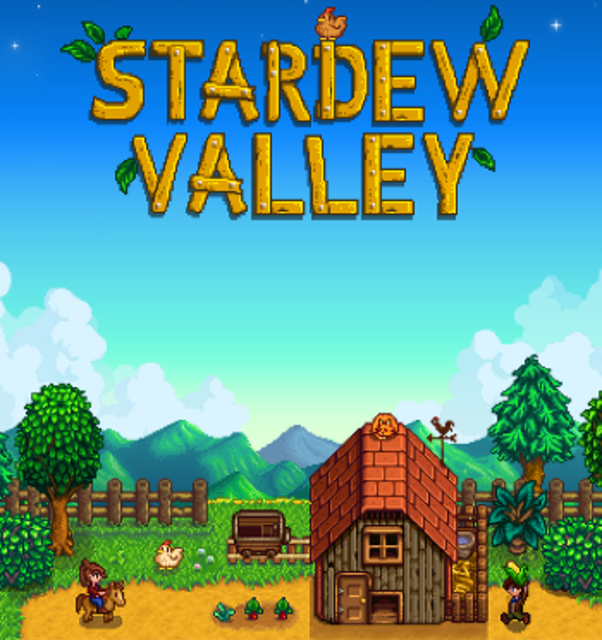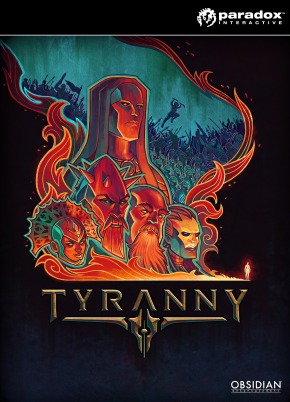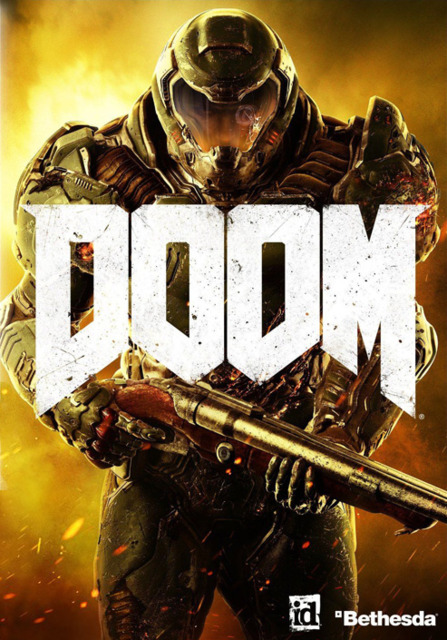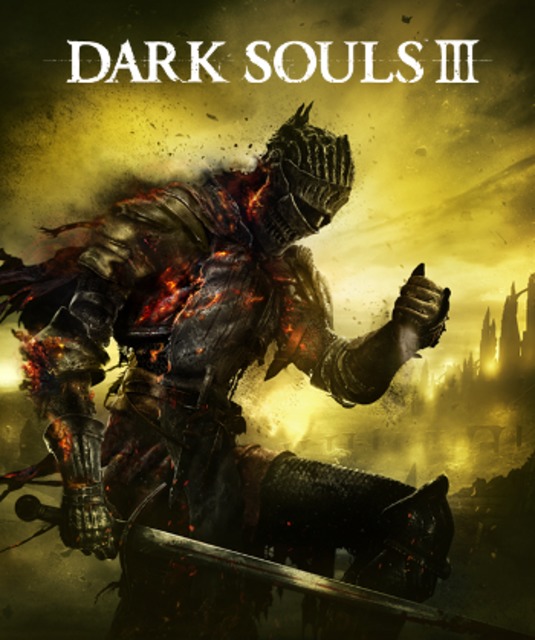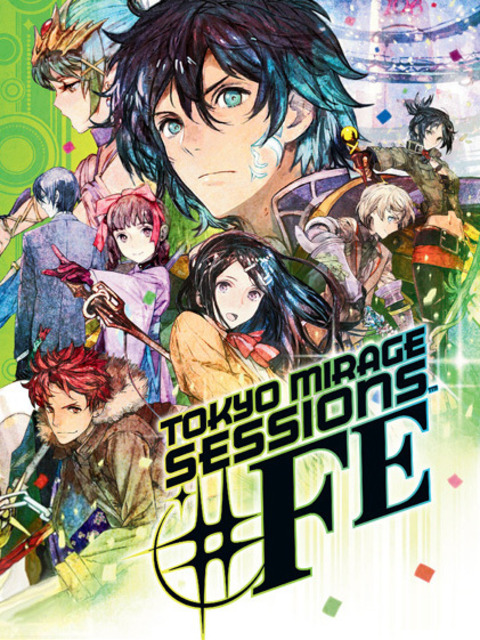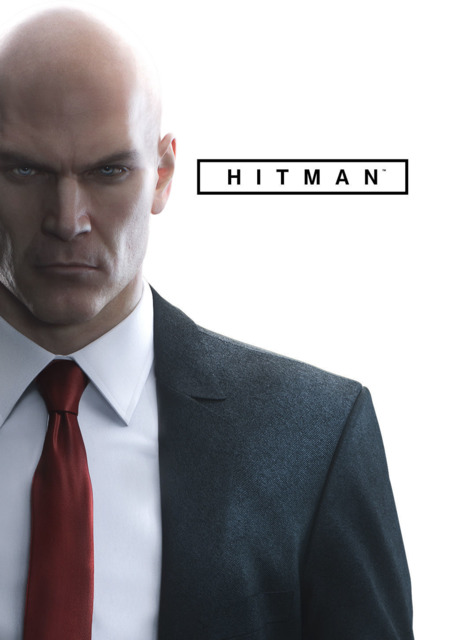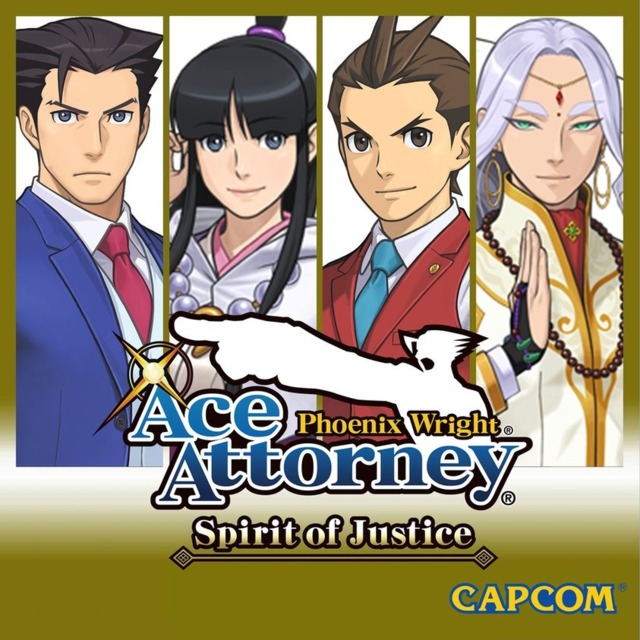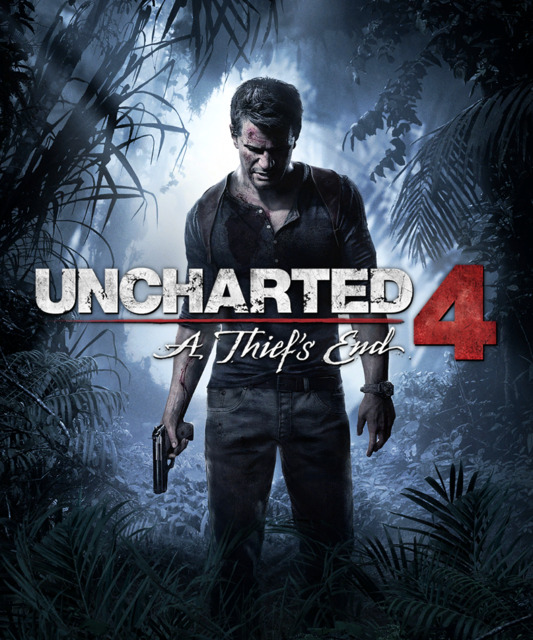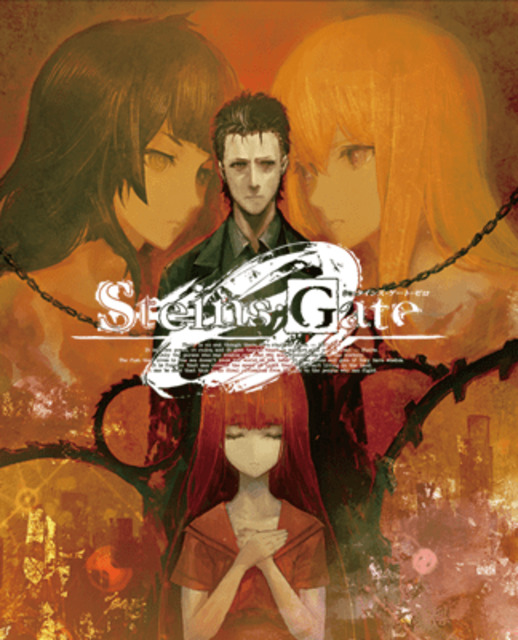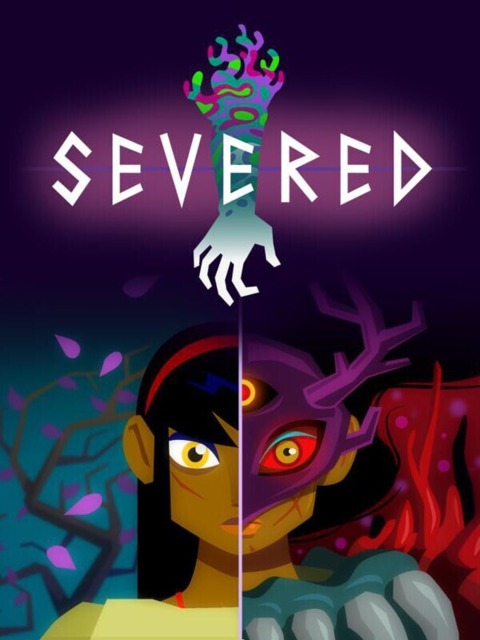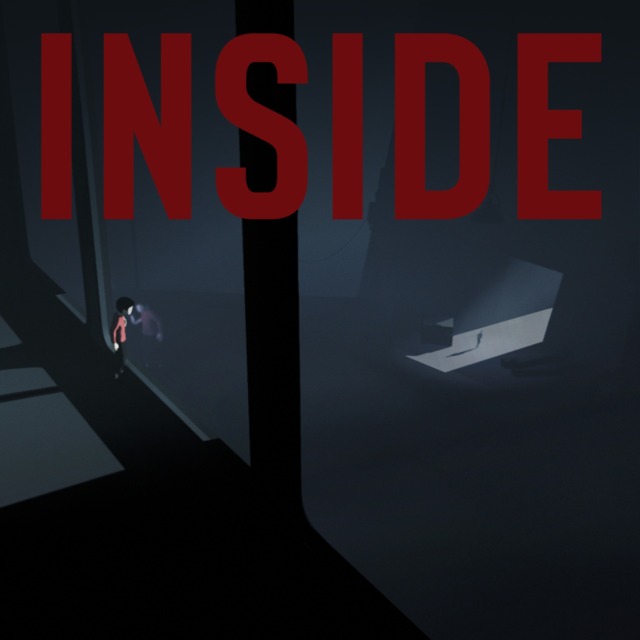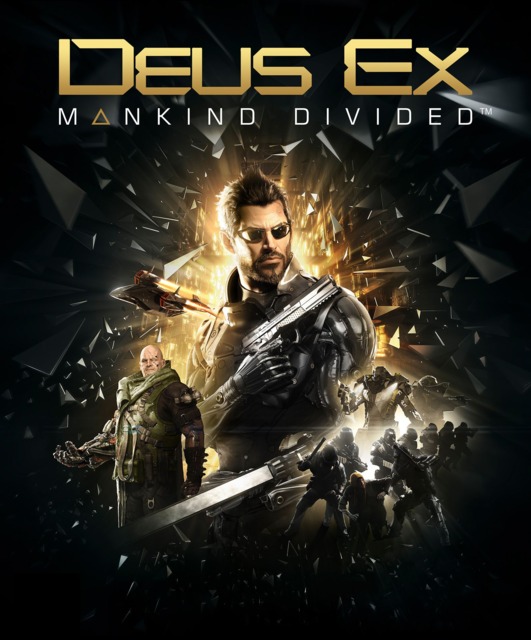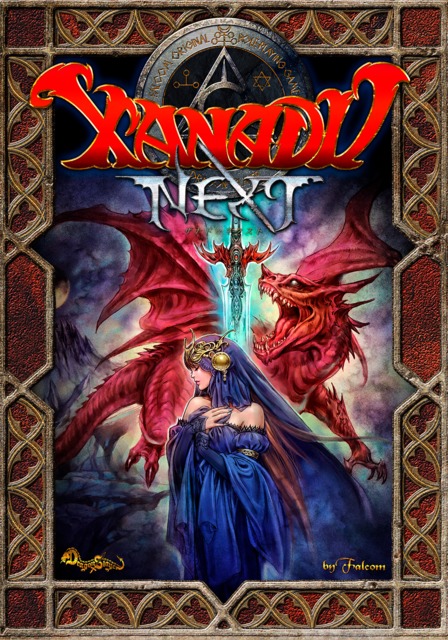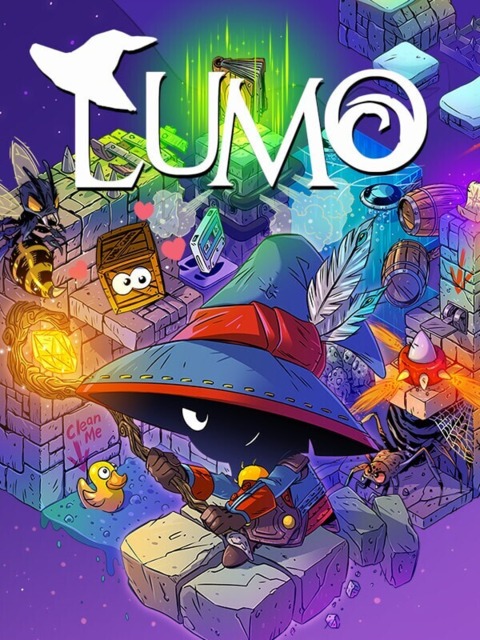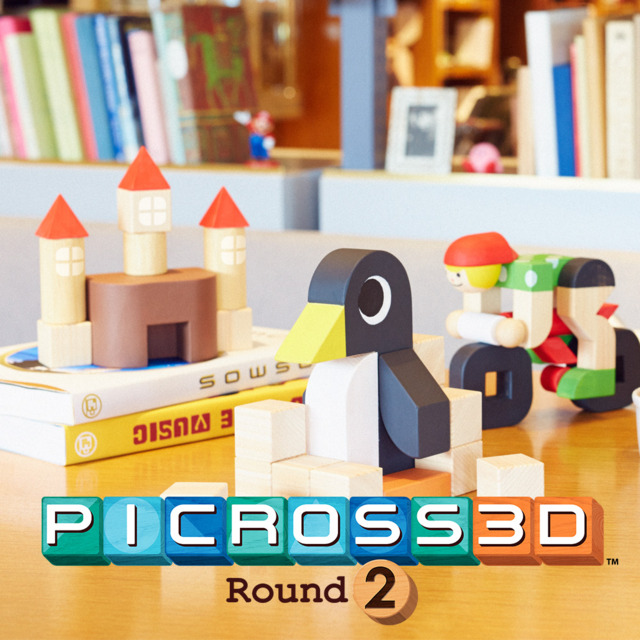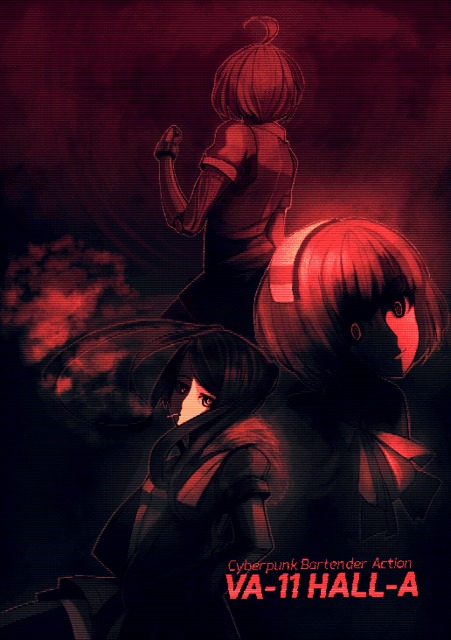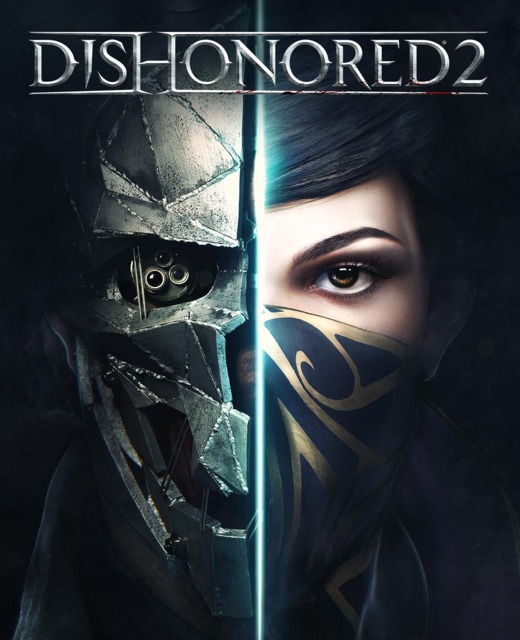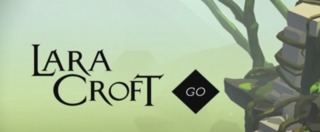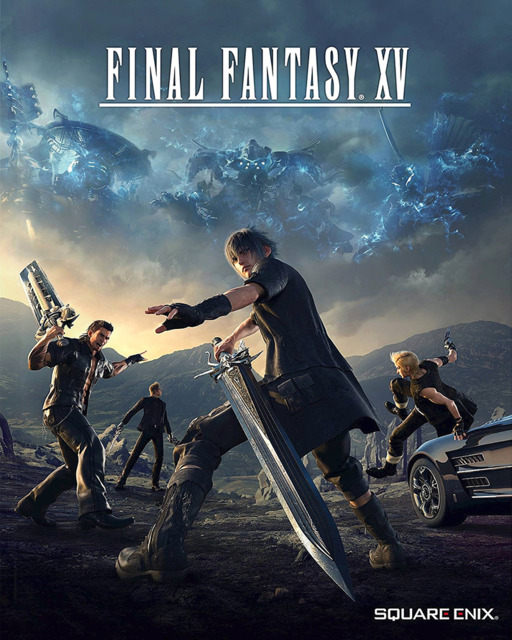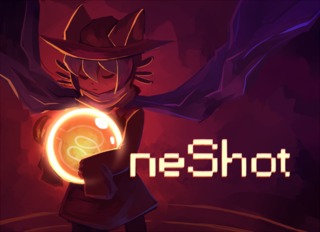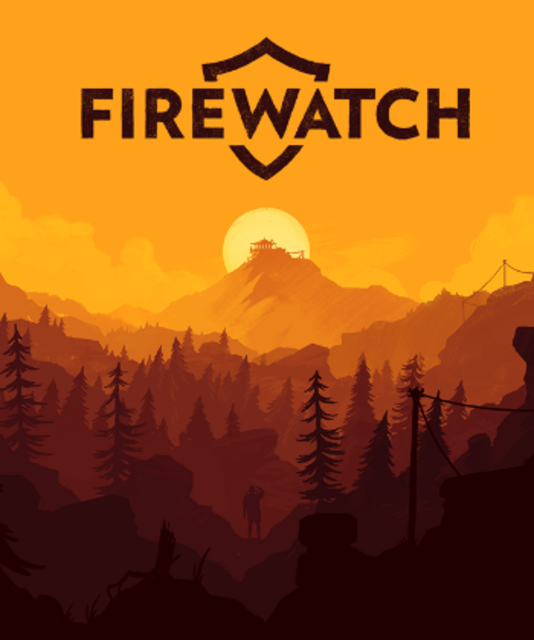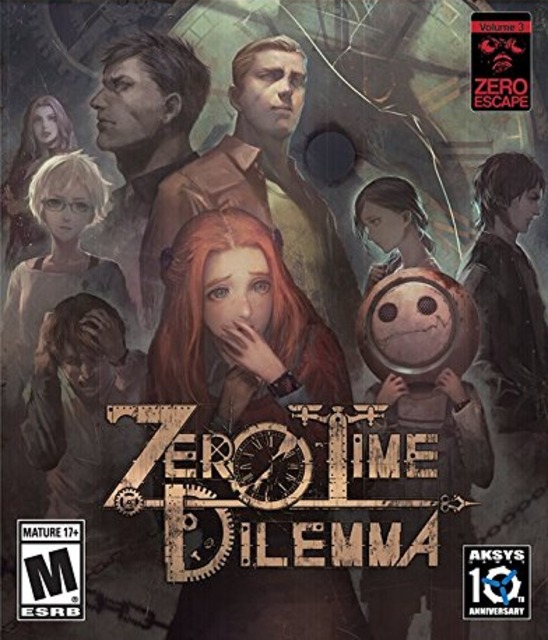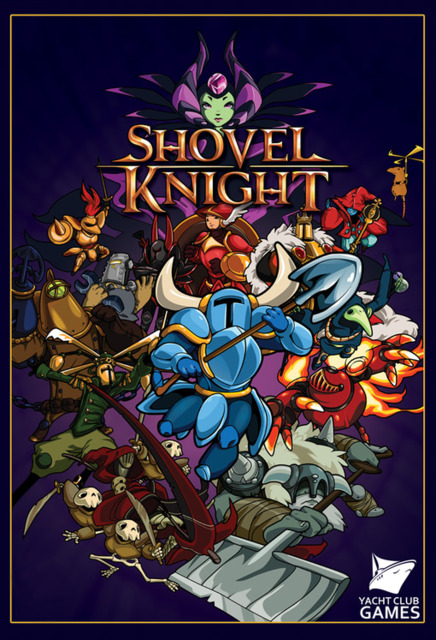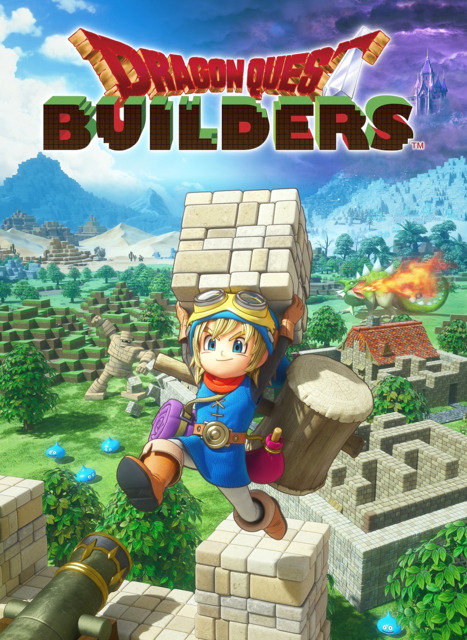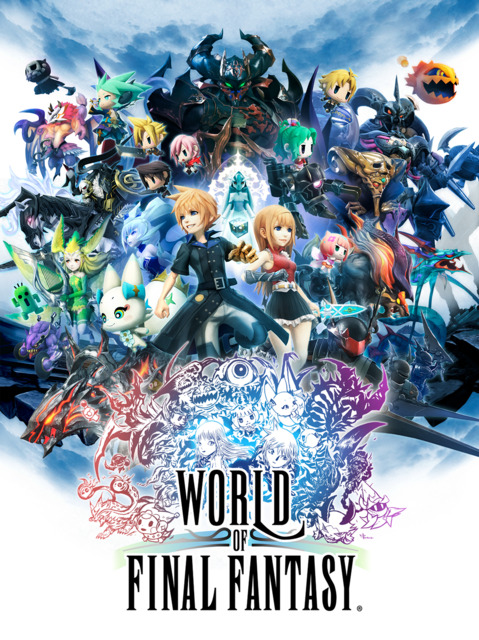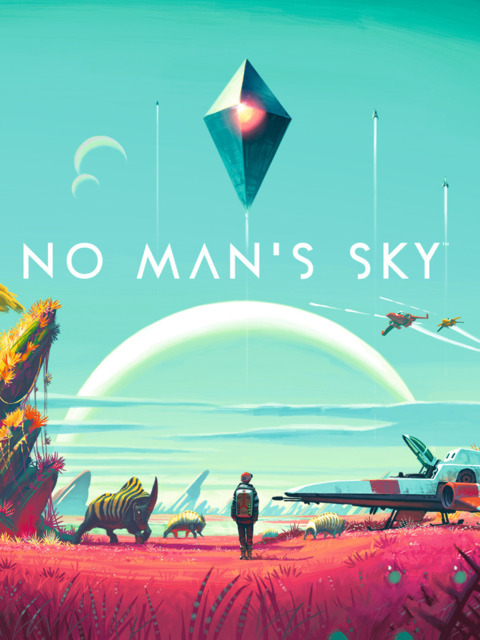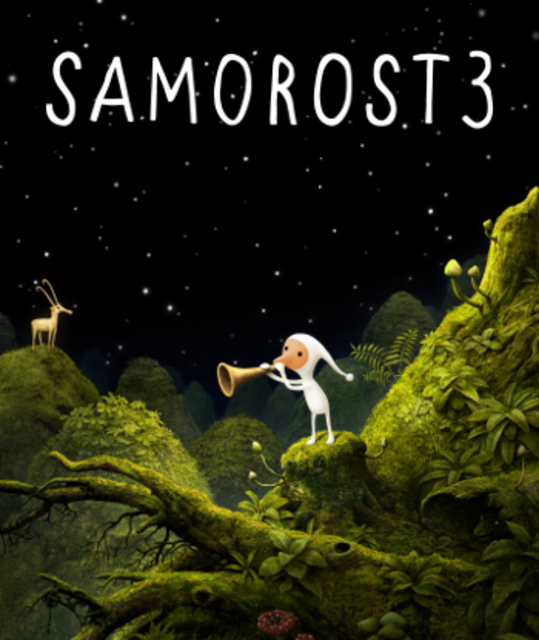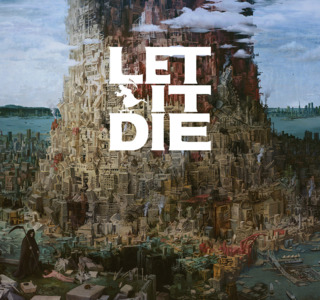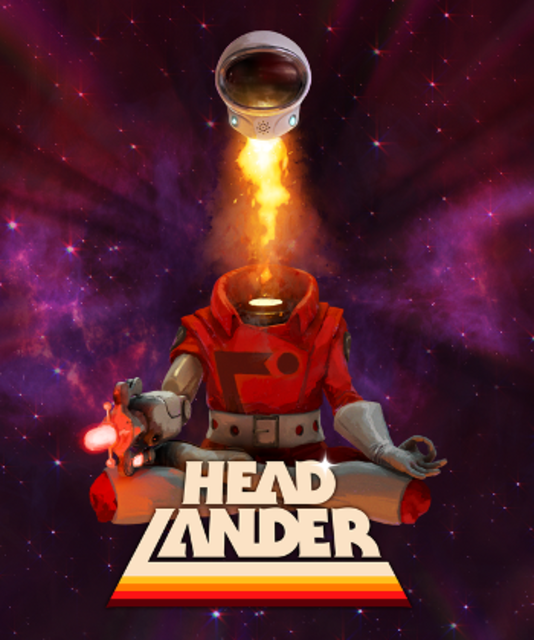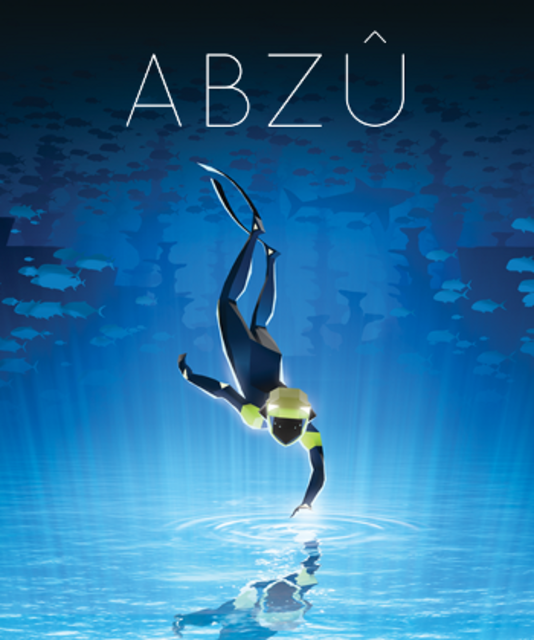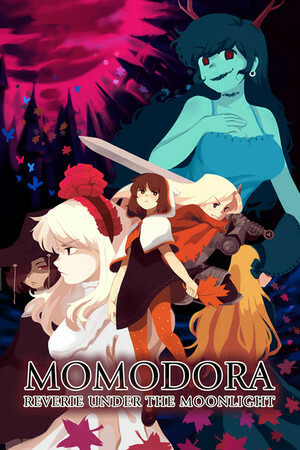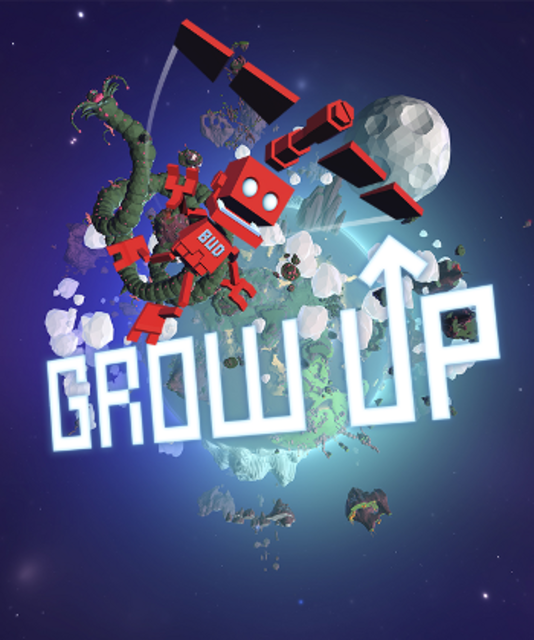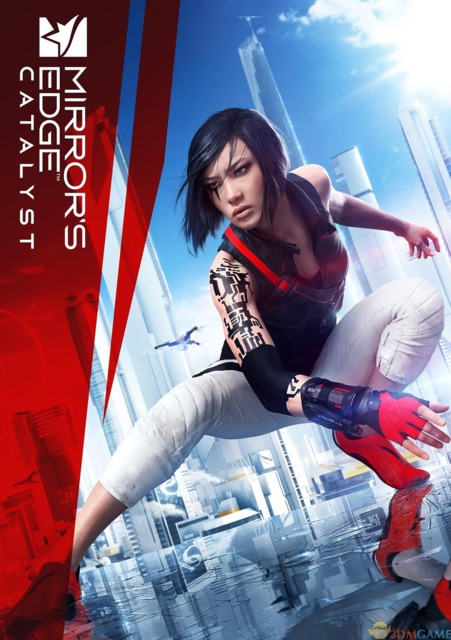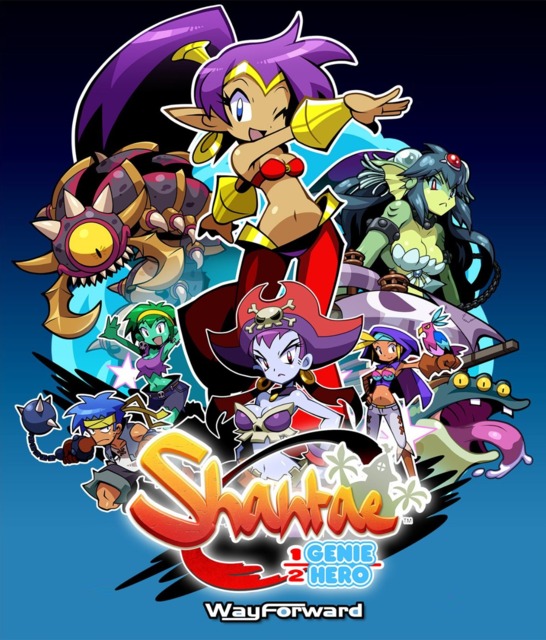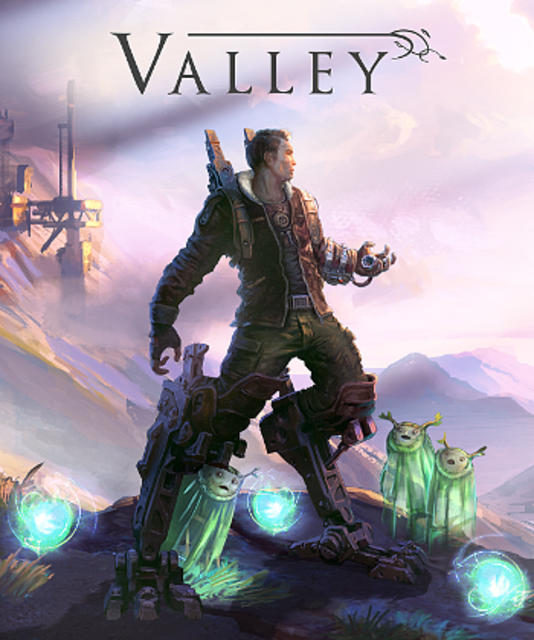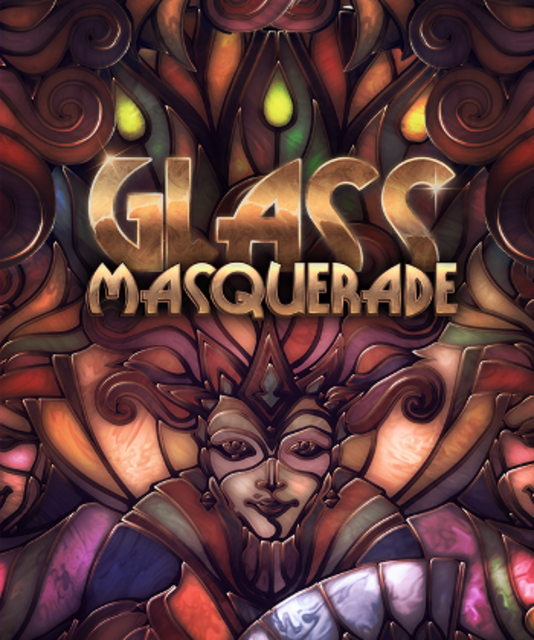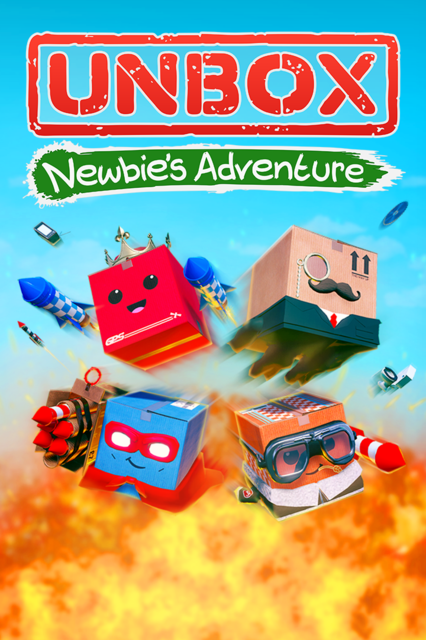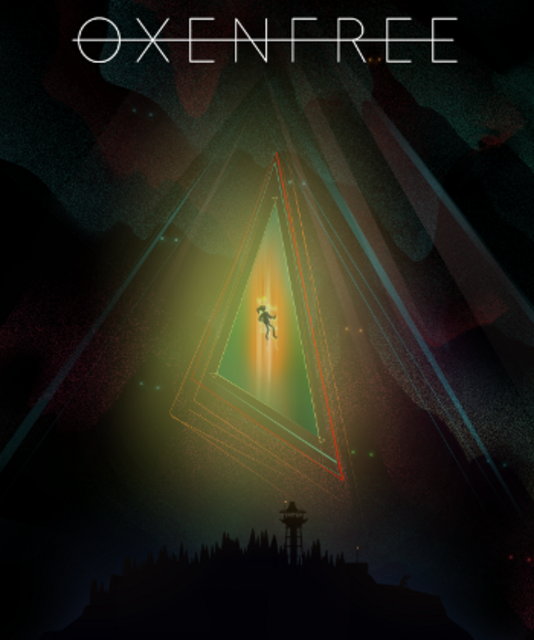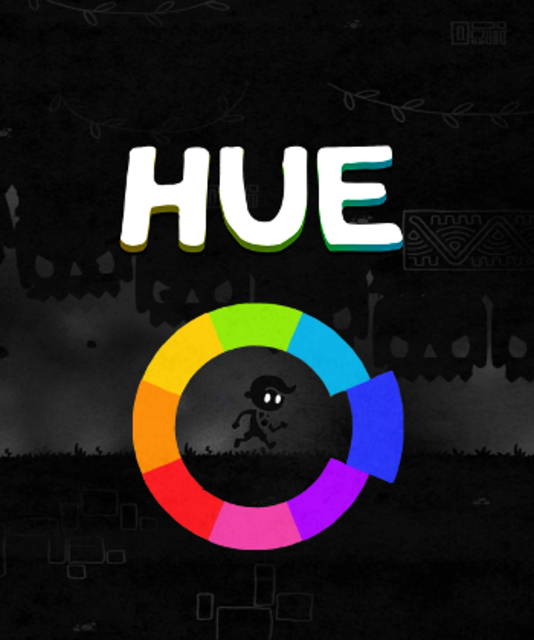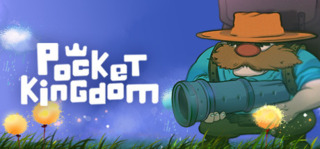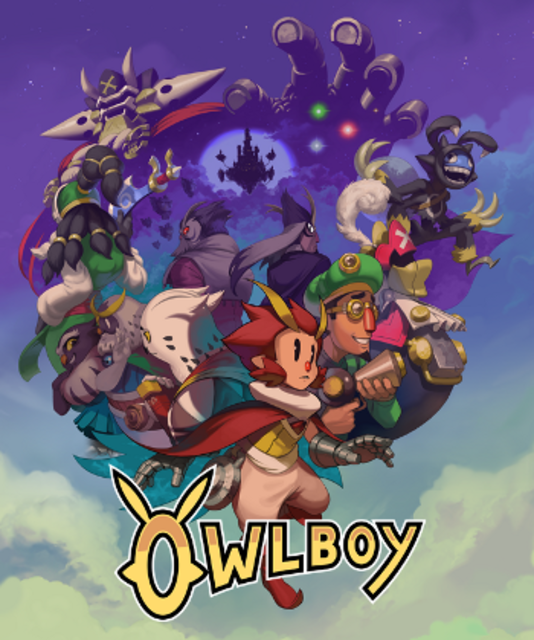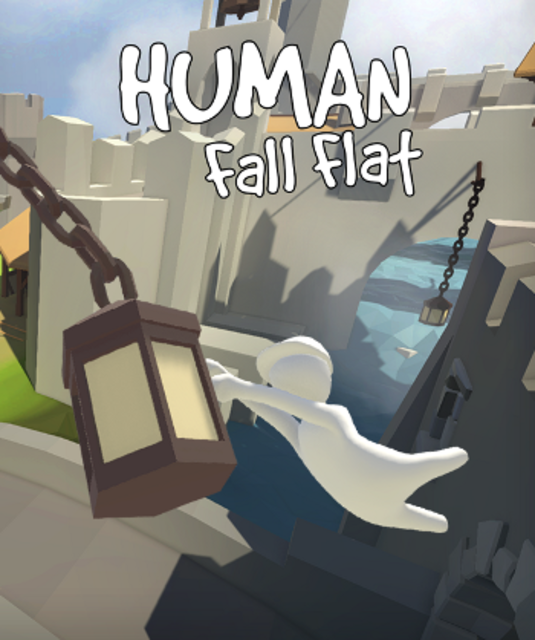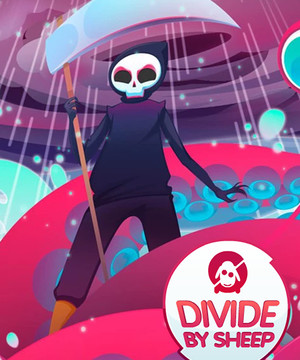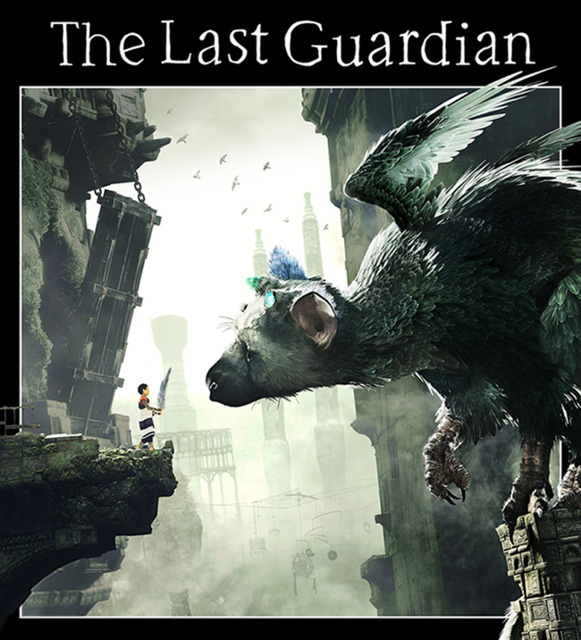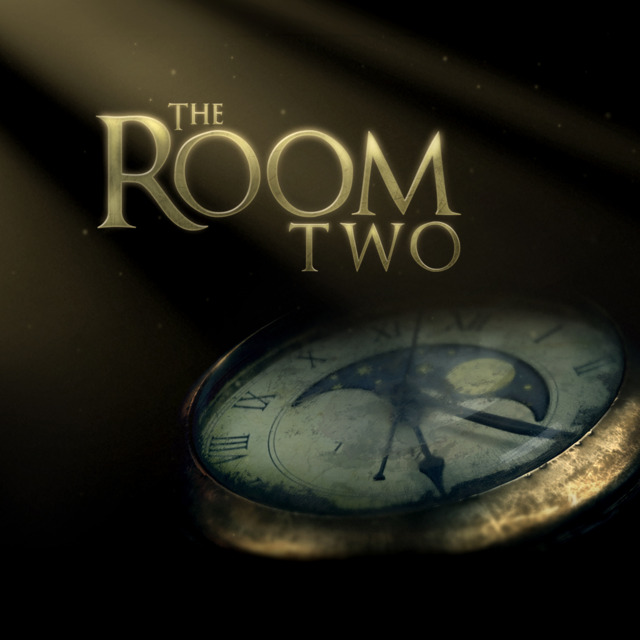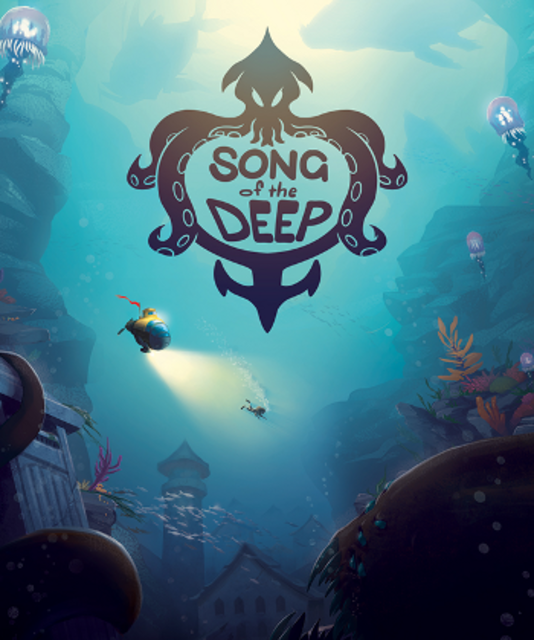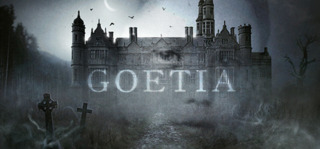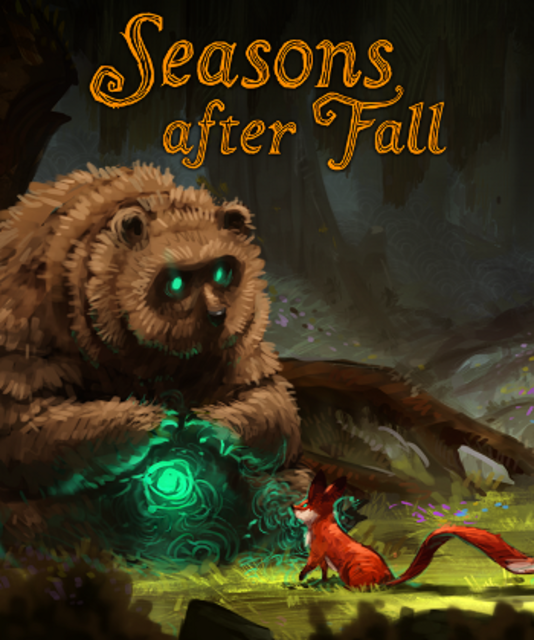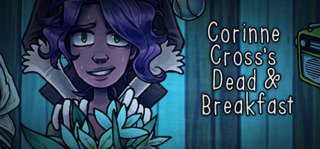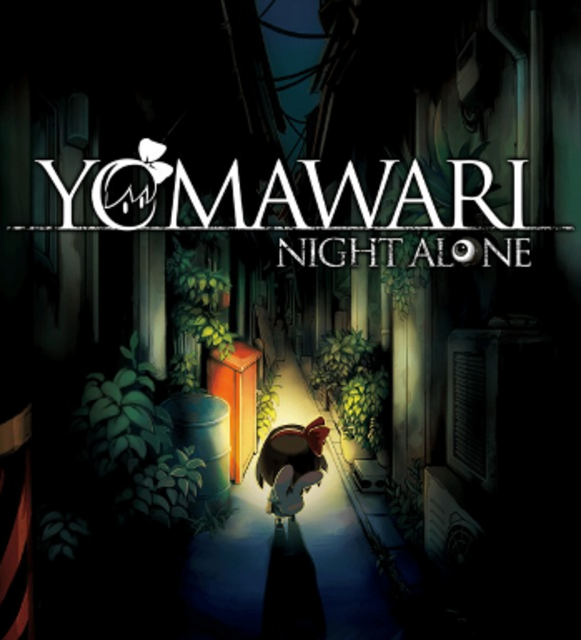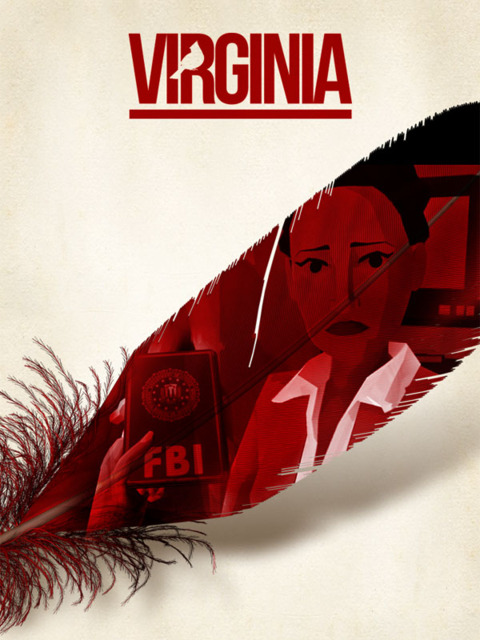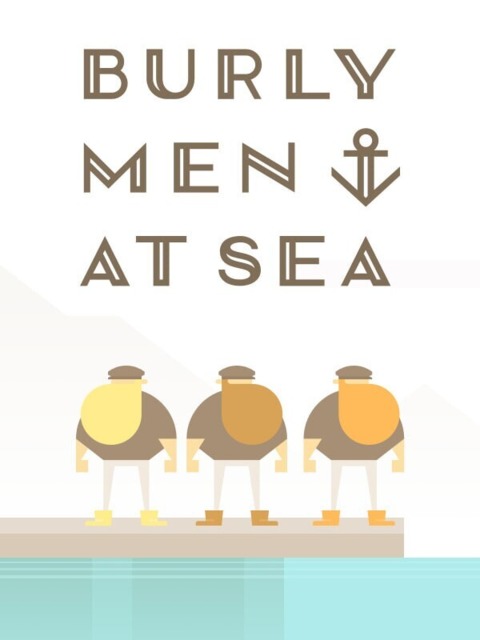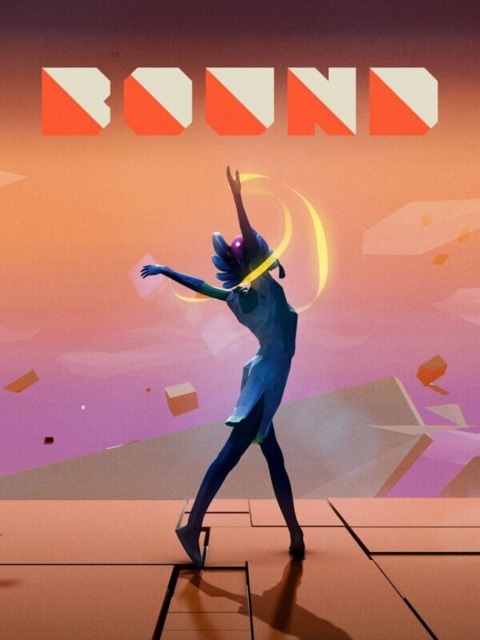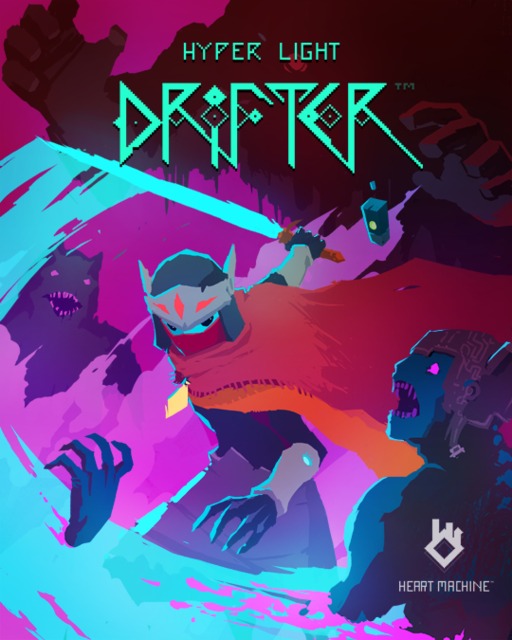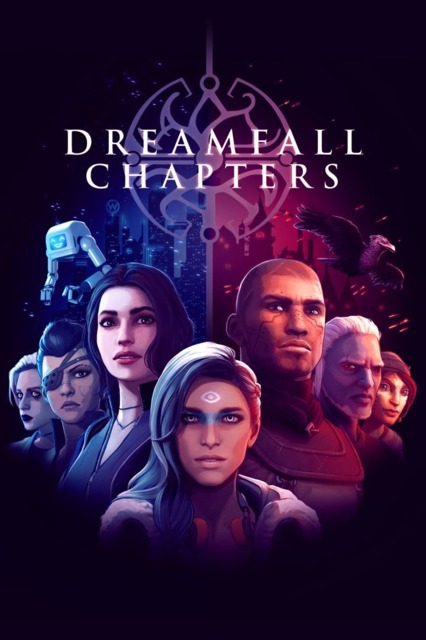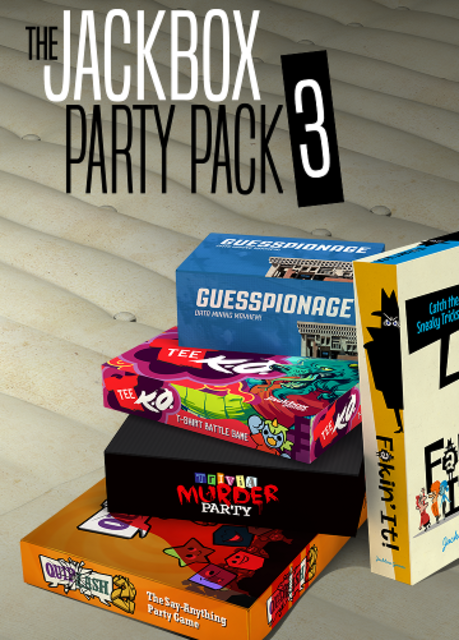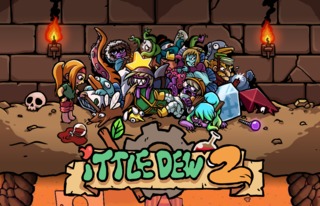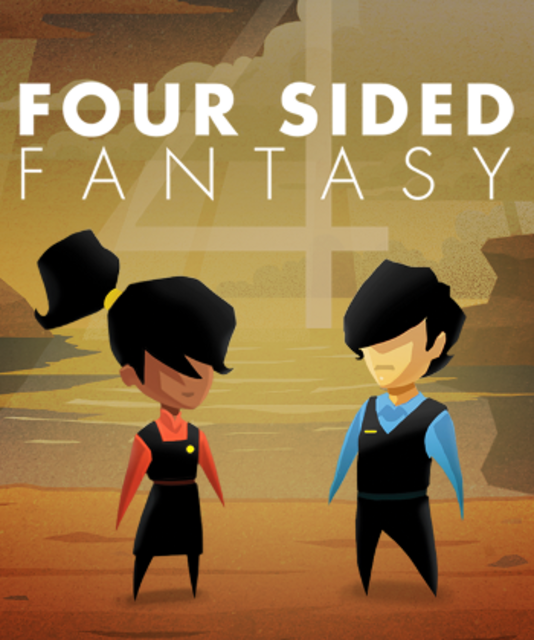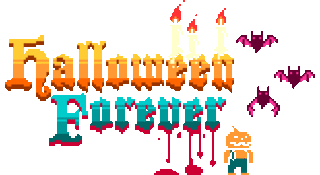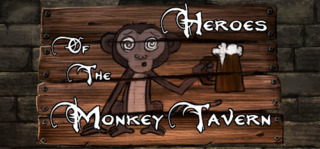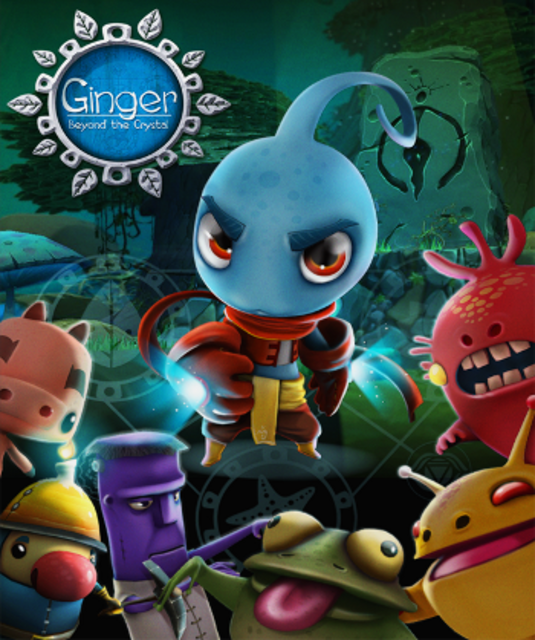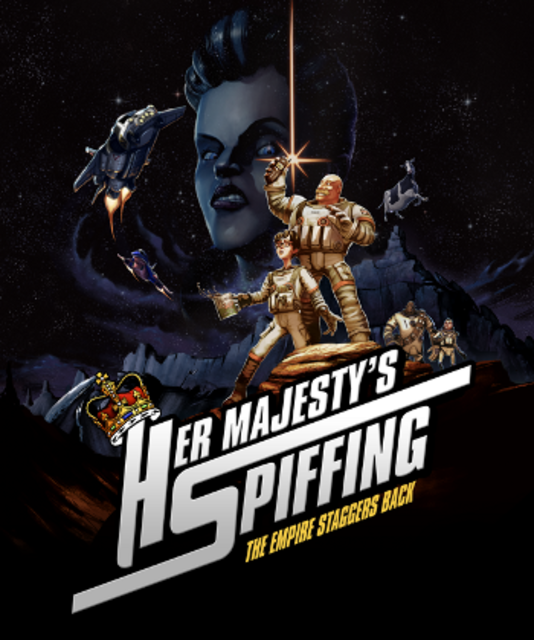GOTY 2016 (Adjusted)
Same deal as the other "GOTY (Adjusted)" lists, found here (2013), here (2014), here (2015), here (2017) and here (2018). The idea is to build GOTY lists that are constantly in flux, ever adapting themselves to a new year's worth of catch-up gaming. Like the Borg, but for video game lists. With enough time I should be able to play through every 2016 game that piqued my interest and construct a list that ideally represents what that year meant to me in terms of games, but that wasn't going to happen on the year in question: too many full-price new releases, too little time.
With 2016 in particular, the year was absolutely packed with games I wanted to try out from every tier of game development, and even after making a lot of backlog headway in 2017 I feel like I've still only scratched the surface. In some ways it's a little worrisome: has the game industry grown so large that we're letting too many high-quality games from exceptional studios slip through the cracks? We can see that in a microcosm with the ongoing bloat troubles of Steam and how it frequently fails the smaller talented developers that go unnoticed, but even if we were to excise all the cheap asset flips and meme trashfires in our midst there's plenty that went ignored by the mainstream that year simply because they had so much to cover. Recognizing games years after the fact is why I make these lists, of course, but I can't help but feel a pang of regret that I left so many behind on the year in question - when my impressions and reviews may have mattered, at least to an extent that they matter at all - just because my time and cash is limited and I perhaps have a habit of luxuriating too long in games I'm enjoying (though I can't really apologise for that last one too much, given that it's usually the developers' intent). All the same, I suspect both this and 2017's Adjusted lists will remain mutable for half a decade to come, at least.
For reference's sake, my original 2016 GOTY list is here.
(Currently owned 2016 games to explore in 2018 and beyond: Brigador, Darkest Dungeon, Earthlock, Glittermitten Grove, Thumper, Unravel, Watch Dogs 2, The Witness, XCOM 2.)
(Currently unowned 2016 games I hope to check out in the future: The Banner Saga 2, BOXBOXBOY!, Exist Archive, I Am Setsuna, Mario & Luigi: Paper Jam, Paper Mario: Color Splash, The Solus Project, Trails of Cold Steel 2.)
(Extra note: This list is gigantic, so I'm only including appraisals for the first twenty. I've written about every game on here somewhere else on the site, though.)
[Up to date as of January 2021.]

